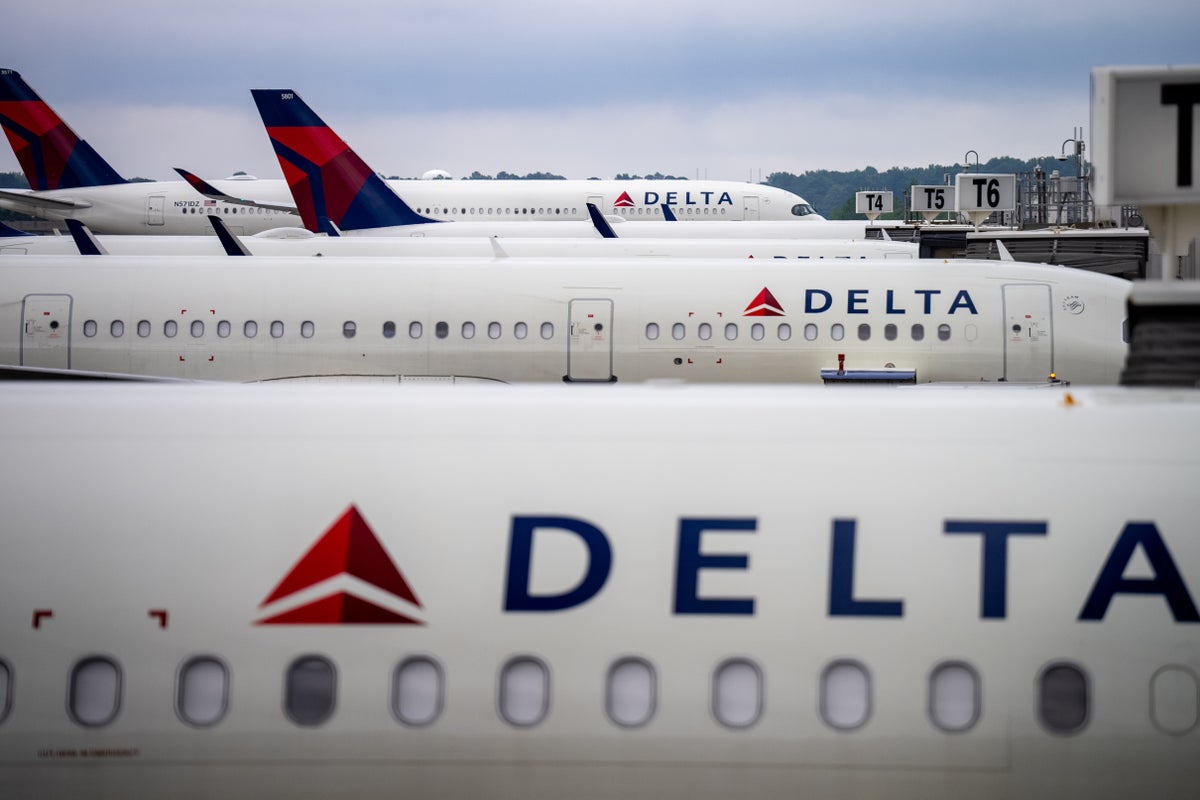Delta Air Lines is replacing parts on more than 300 of its Airbus fleet to combat toxic fume leaks, which can be linked to serious health issues, including brain injuries, among both crew and passengers.
The mass upgrades mark one of the boldest steps by a major U.S. airline to tackle a quietly escalating safety concern in modern aviation.
Thousands of these so-called “fume events” have been reported to the Federal Aviation Administration in the last 25 years, in which dangerous fumes from a plane’s engines leak into the cockpit or cabin.
The problem has affected numerous airlines and is not limited to a single aircraft manufacturer. Just this month, a Wall Street Journal investigation found that the rate of incidents has increased in recent years.
This is reportedly due in part to the growth in sales of Airbus’s A320 family of aircraft. First launched in the late 1980s, by 2019, it became the best-selling commercial airliner in the world.
The leaks occur due to a modern aircraft design element in which the air you breathe is pulled in through the engine. The system, known as “bleed air,” diverts hot, compressed air from the engines to provide functions including cabin pressurization, air conditioning, and anti-icing. The design has been featured in almost every modern commercial jetliner, except for the Boeing 787.
When the aircraft isn’t flying and the main engines are off – such as during taxiing – an auxiliary power unit (APU) supplies electricity and air to the cabin. Engineers have warned that leaks in the APU can contaminate cabin air even when the unit isn’t active.
Airbus has previously flagged the APU’s integration on the A320 as a key contributor to these toxic fume events. These incidents occur when oil leaks into the compression chamber, vaporizes under extreme heat, and releases neurotoxins and other chemicals into the aircraft’s air supply.
According to the Wall Street Journal’s investigation, the contaminated air is described as smelling of “wet dog,” “Cheetos,” or “nail polish.”
As well as allegedly causing irreversible brain damage, the leaks have reportedly led to emergency landings, sick passengers, and affected pilots’ eyesight and reaction times during flights, official reports state.
Delta Air Lines is about 90 percent of the way through upgrading each of its Airbus A320 jets. The airline operates 310 aircraft in this narrow-body type, including 76 of the latest generation models, as of the end of June.
“The cabin air inside Boeing airplanes is safe. There is no indoor environment that is free from ‘contaminants,’” a Boeing spokesman told the Wall Street Journal.
“Airbus aircraft are designed and manufactured according to all relevant and applicable airworthiness requirements,” a spokesman for Airbus said.

